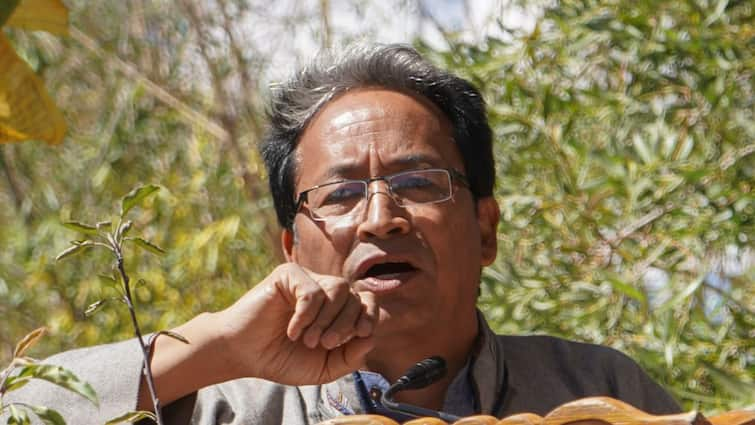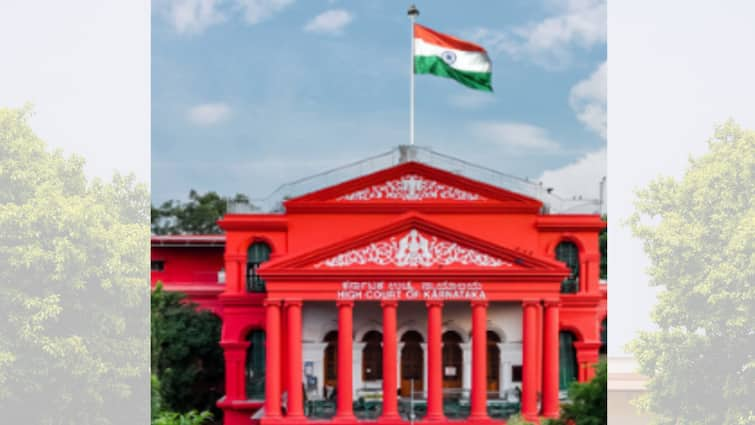Climate activist Sonam Wangchuk on Thursday warned that sending him to prison may prove more troublesome for the government than allowing him to remain free. His remarks came a day after the Ministry of Home Affairs (MHA) accused him of instigating violent protests in Ladakh, which he dismissed as a “scapegoat tactic.”
Responding to the ministry’s charges, Wangchuk said he is prepared to face arrest under the stringent Public Safety Act (PSA). Speaking to PTI over the phone, he remarked, “I see they are building up a case to bring me under the Public Safety Act and throw me in jail for two years. I am ready for that, but Sonam Wangchuk in jail may cause them more problems than free Sonam Wangchuk.”
The activist rejected the claim that he was behind Wednesday’s mob violence, saying that blaming him, or even the Congress party, was simply a way to deflect attention from the deeper issues at hand. “They may be clever in making somebody else a scapegoat, but they are not wise. At this time, we all need wisdom rather than cleverness because youths are already frustrated,” he said.
Wangchuk attributed the unrest to years of pent-up anger, particularly among young people struggling with joblessness and broken promises. He argued that frustration had been brewing for six years and that token measures, such as partial job reservations, had failed to address the people’s core demands. These include full statehood for Ladakh and the extension of the Sixth Schedule to safeguard the region’s fragile environment and tribal identity.
By relying on blame rather than dialogue, Wangchuk warned, the government risks worsening the crisis. “Using the scapegoat tactic is not actually taking measures for peace,” he said, adding that it would only “further aggravate” the situation.
The warning came in the aftermath of the worst violence the region has seen in decades. On Wednesday, the movement for Ladakh’s statehood spiralled into chaos in Leh, leaving four people dead and at least 80 injured, including 40 police personnel. Authorities swiftly imposed a curfew in the district as clashes, arson and street battles rocked the city.
Later that evening, Wangchuk ended his two-week-long hunger strike, which he had launched to press for the demands. Yet his words underscored a growing tension: the fight for Ladakh’s political future is far from over, and attempts to silence its most prominent voice may only fuel the unrest further.



